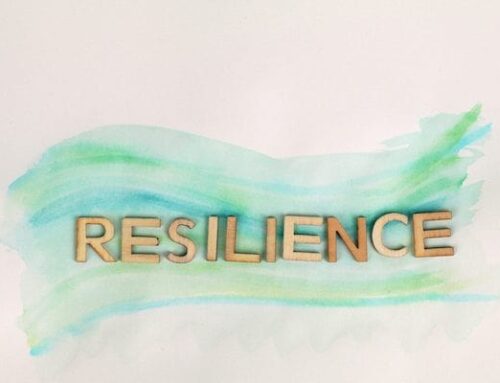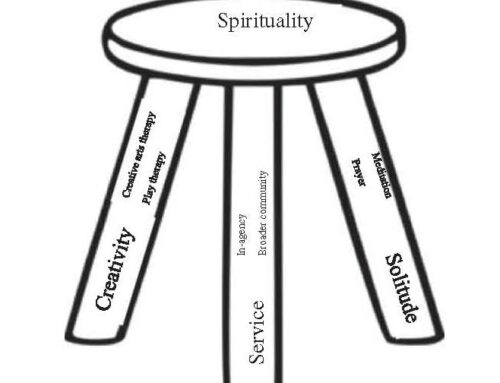 Journaling has many benefits to your overall mental health. It can be especially effective if you have a hard time opening up to others or can’t seem to organize your thoughts verbally.
Journaling has many benefits to your overall mental health. It can be especially effective if you have a hard time opening up to others or can’t seem to organize your thoughts verbally.
But it goes beyond conditions like anxiety or depression.
Journaling is actually a great tool to use throughout your recovery process. Writing in a journal regularly will help you grow, learn more about yourself, and find new ways to open up about ideas you may not have spoken about before.
Still not convinced journaling is right for you? Let’s look at a few ways it can add to your personal growth and recovery. You might find yourself picking one up today.
1. It Reduces Stress
One of the biggest obstacles those in recovery face is stress. When you’re feeling overly stressed or your mental health is suffering, you’re more likely to turn back to old habits. Depending on the severity of your addiction, you might even be tempted to relapse when things get too hard.
Journaling allows you to get your thoughts out into the open immediately. Even if you only write down a few words or bullet points, it can help to calm your nerves and reduce the tension in your mind and body.
2. You Can Organize Your Thoughts
 Maybe you have a lot to say about how you feel, but you’re not sure how to say it.
Maybe you have a lot to say about how you feel, but you’re not sure how to say it.
Not everyone is a great communicator when it comes to talking one-on-one, or in a group. But maybe you’ve always had a knack for words in writing.
Journaling gives you the opportunity to keep your thoughts organized. You can take your time to really think about what you want to say. As a result, you can feel more confident in your ability to express yourself. You can even use your journal entries as a guide when you’re trying to talk to a support person or therapist.
3. It Can Help You Set Goals
You can use your journal however you want. Some people choose to write about their daily experiences. Others want to strictly write about their feelings and/or struggles.
You can also use some of your writing space to set goals for yourself. Goals can help you stay on track and motivate you, especially when things get hard. Being able to see those goals in writing will make them more “real”, and you’re more likely to stay dedicated to reaching them.
It’s a good idea to start small with whatever goals you set. After all, you want them to be attainable. Plus, every time you accomplish one, it’s a boost to your self-confidence and motivation.
4. You’ll See How Far You’ve Come
 The more you write in your journal, the more informative it becomes. If you choose to do it every day, you’ll quickly have a strong recollection of everything you’ve been through in the past few days, weeks, months, etc.
The more you write in your journal, the more informative it becomes. If you choose to do it every day, you’ll quickly have a strong recollection of everything you’ve been through in the past few days, weeks, months, etc.
Why is that important?
When you’re in recovery, being able to see growth and progress is a great motivator. Sometimes, it’s easy to feel as though you haven’t made any forward motion and progress is slow. When you journal, you can look back at where you were a year ago, or even a month ago, and see how far you’ve come.
There are so many additional benefits to journaling. It’s a resource you should keep with you at all times since you never know when the urge to write will come up. Getting your thoughts and feelings down immediately will ensure that they’re always genuine and not overly polished.
If you’ve never used a journal before and you’re interested in starting one, feel free to contact me to schedule a complimentary consultation call. In addiction counseling, together, we can go over some basic ideas about what to include and how you can get started.





